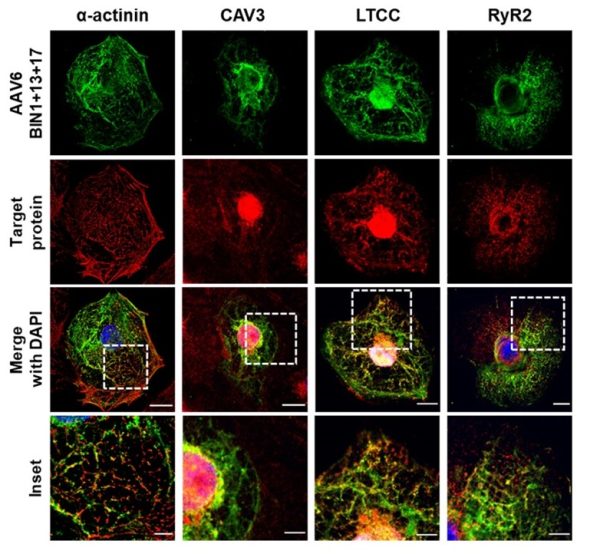The heartbeat is triggered by the coordinated contraction and relaxation of cardiomyocytes. These cells are formed during the heart’s embryonic development and are initially highly proliferative. However, in the adult heart, cardiomyocytes do not divide, and this prevents their long-term culture as a cell line. This has traditionally limited our ability to investigate adult cardiomyocyte physiology and pathophysiology, particularly for human cardiomyocytes which are not widely available.
However, new techniques are overcoming these limitations. Stem cell research has witnessed significant developments over the last two decades, and now allows the reprogramming of human somatic cells into induced pluripotent stem cells (iPSCs). These iPSCs can be further re-differentiated into cardiomyocytes. Human iPSC-derived cardiomyocytes have already proven to be an excellent resource for understanding cardiac biology. In addition, human iPSC cardiomyocytes can be used to investigate the mechanisms of genetic diseases by examining cardiomyocytes derived from affected patients. With recent developments in gene editing technology, iPSCs can be employed to model or correct genetic diseases, and these cells have great potential for use in cell-based therapies that restore damaged heart tissues. Moreover, human iPSC-derived cardiomyocytes are also now regularly used in drug testing for evaluation of cardiac safety.
